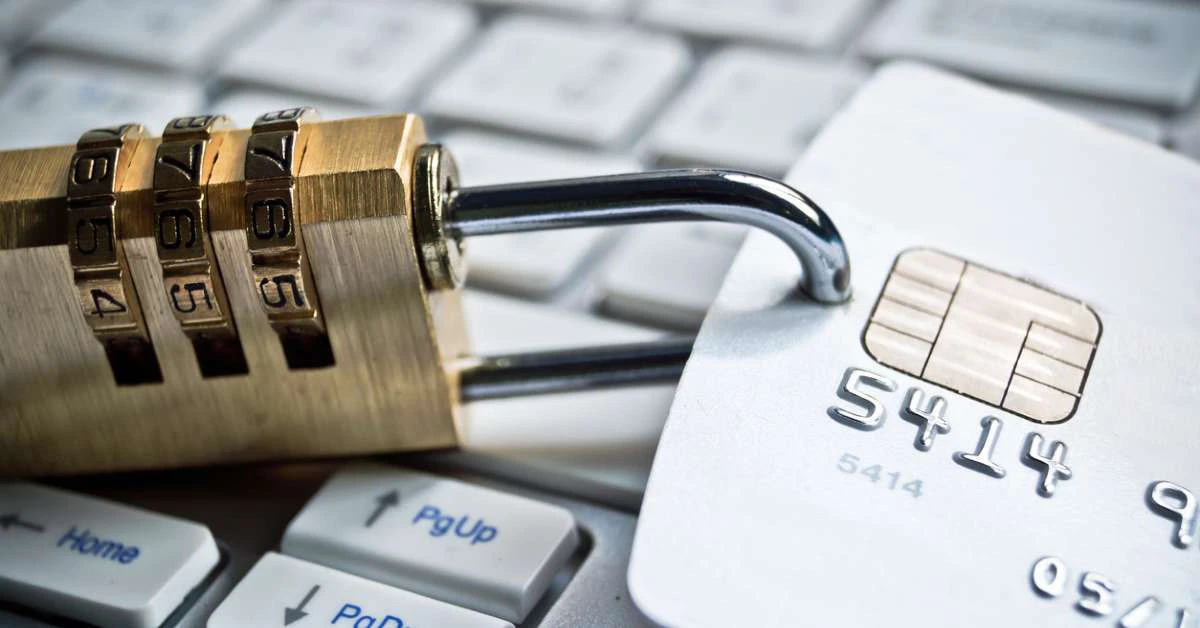Authors' Update - keeping journal authors in touch with industry developments, support and training

Votre navigateur n’est malheureusement pas entièrement pris en charge. Si vous avez la possibilité de le faire, veuillez passer à une version plus récente ou utiliser Mozilla Firefox, Microsoft Edge, Google Chrome, ou Safari 14 ou plus récent. Si vous n’y parvenez pas et que vous avez besoin d’aide, veuillez nous faire part de vos commentaires.
Nous vous serions reconnaissants de nous faire part de vos commentaires sur cette nouvelle expérience.Faites-nous part de votre opinion
8 septembre 2022 | Lecture de 3 min
Par Katie Eve

We previously published an article in Authors’ Update: Beware of fraudulent emails requesting payment. Unsurprisingly this issue has sadly not gone away. On the contrary, fraudsters continue to develop their approaches to become ever more sophisticated. And with growth in open access publishing, fraudulent open access article publishing charges are one of the more common scams around. With this in mind, we thought a reminder was in order. Seven years on, then, we share our seven top tips to avoid being scammed.
Consider the status of your manuscript If you are publishing open access with Elsevier, we will never request payment before your manuscript has been accepted. Conversely, fraudsters sometimes target just-published open access articles; you should be especially vigilant at that stage. Bear in mind that an invoice can only be raised once you have navigated the price and payment options in Elsevier’s systems and made your selection. If you haven’t yet done so, treat any invoice or request for payment very carefully.
Check the sender’s email Legitimate invoices from Elsevier for article publishing charges will only ever be attached to an email from an @elsevier.com domain. Beware of sneaky replacements like switching the lowercase L (l) for an uppercase i (I). As a simple rule of thumb, it’s advisable to ignore all invoices and payment requests sent from free email services such as Gmail, Yahoo, Hotmail, etc.
Check the invoice carefully The invoice will include details of any price and payment options, and these should match your recent selections.
Scrutinize the email text
As noted in our previous article, block capitals, errors, misspellings, casual language, signatures that emphasize seniority, as well as language that creates a sense of urgency, should all give you pause for thought.
Check payment options are legitimate We recommend you carefully consult our recently published FAQ: How can I pay for my Elsevier invoice? Please note, moreover, that we never offer payment via PayPal.
Avoid interacting with suspect email If you receive a message whose legitimacy you doubt, never reply. By engaging with fraudsters – even to say “I'm not interested” or “please stop emailing” – you may inadvertently provide or validate your email address and become a greater target in the future. Simply delete, block the sender, and report it to your email service provider as spam.
Trust your instincts, and if in doubt, reach out If your gut feeling is “this doesn’t feel right”, it probably isn’t. If you have any queries or concerns with an email purporting to be from Elsevier, you are always welcome to contact our Researcher Support team.
We hope this refresher will serve as a usual aide and help to prevent more people falling victim to these sorts of scam. Be vigilant and remember the above tips when you next navigate the publication experience!
